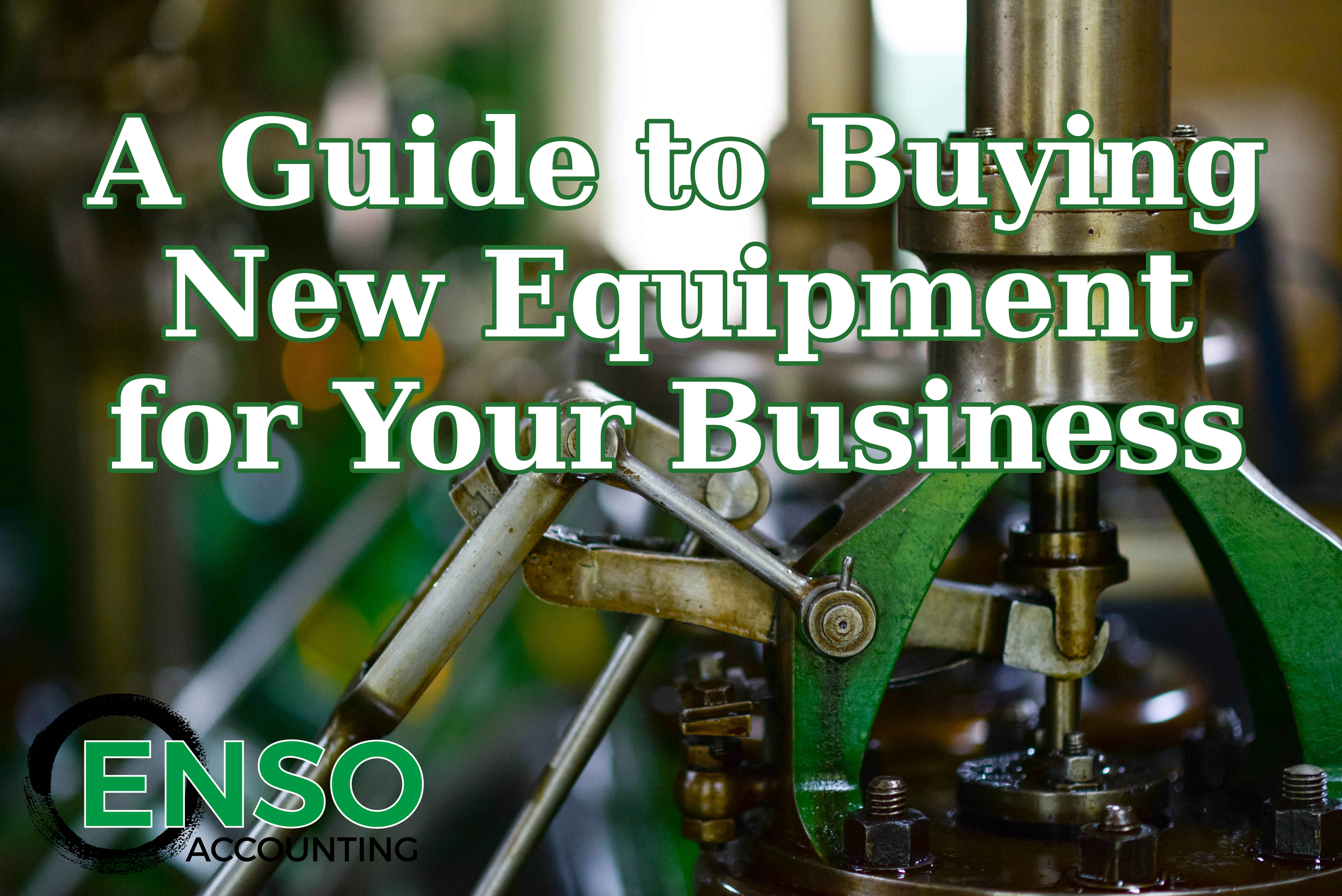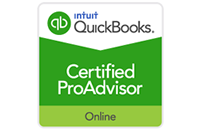Whether you’re just starting a business, or a seasoned owner, buying new equipment is an important consideration you’re faced with each year. While it’s an integral part of the natural business cycle, it also can consume a significant chunk of the company’s capital. So, try not to rush into making such a big purchase. Stop to ask yourself a few questions before you buy.
Do you really need it?
Seriously, though—do you? There’s a big difference between items that are essential for your daily operations and those that would just make your life easier. Naturally, having the newest and best technology has its advantages, but you should be able to prioritize items on your wish list. Try to separate those things you actually need—in list form—from the equipment you really want. Start with the items in the first column and then, when you have a good year, or you’re looking for a tax deduction, you can delve into the second column. Don’t forget to review this list annually—after all, top-of-the-line equipment tends to change rather frequently.
Some services can also be outsourced. While it may be more convenient to have a heavy-duty printer in your office, if you’re not printing in mass quantities consistently, then you always send those occasional big jobs down the street when they come out. If this changes down the road, then you can reevaluate that purchase at a later date.
Should you buy new or used?
Buying used equipment can be a great way to save money, especially when you’re just starting out. On average, you can expect to save 25 to 50 percent on the original cost, and that can increase if you’re willing to look around through auctions, online sites, liquidation sales, and even garage sales! However, there are some items you should be more wary to purchase used than others. Industrial equipment should be okay, but electronics can be harder to judge—especially if you’re not an IT professional. Since most of those components are on the inside, damages often won’t become apparent until you’re using the item. Rarely will get an opportunity to “try before you buy” and feel things out in the used market. In any case, you know your business better than most, so you be the judge of what’s truly a good deal or not.
Will the tax write-off outweigh the upfront costs?
Again, this question will have different answers for everyone. As a newer business, liquid assets are more of an issue. Since you may have to borrow money to buy this equipment, you’ll also have to consider the additional cost of interest in this equation. However, small business owners get a pretty sizeable tax deduction in the form of depreciation of these assets. This allows you to reduce your taxable income, while reinvesting more of what you make back into the business.
Some big ticket items must be spread out over a schedule of several years, but a provision known as Section 179 Expensing allows you to take the full depreciation during the first year of use. Previously, this was limited to lower amounts that didn’t benefit all business expenses. This year, however, the cap is set at $1 million. Beware of taking this and disposing of the item before the end of its depreciation schedule, though, because you may have to add the difference you benefited from back to your income during the year you replace it.
At ENSO Accounting, we understand that tax law is complicated. Allow us to translate it for you! As small business owners, you have enough on your plate. When it’s time to purchase new equipment, or reduce your tax burden, sit down with us to talk about the strategy that will best suit you.




